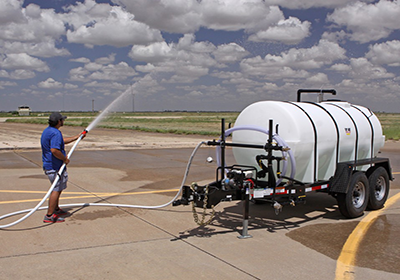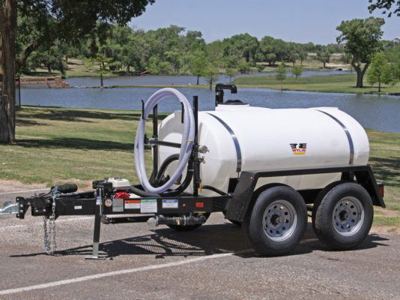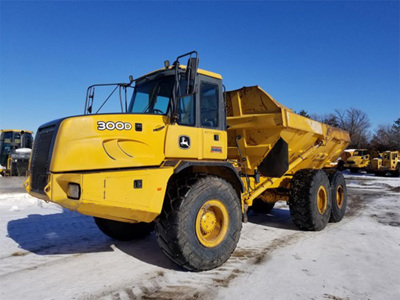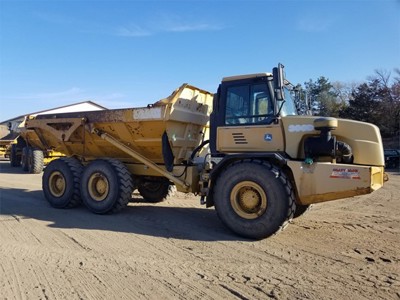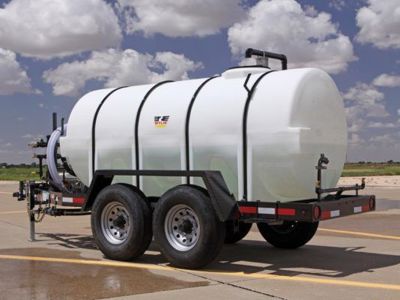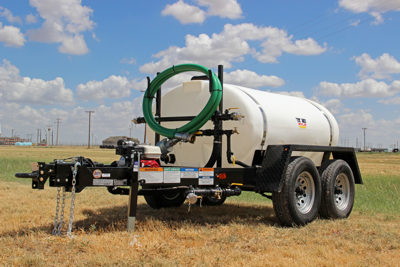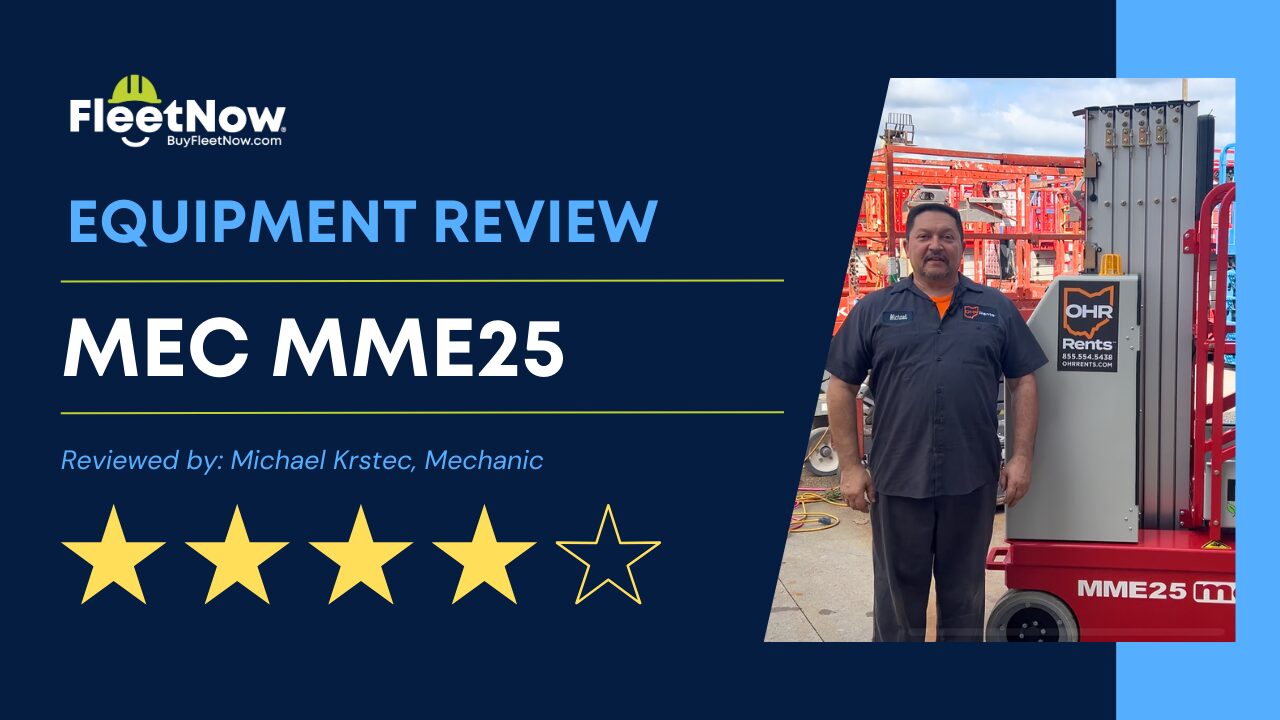How Much Does a Water Wagon for Sale Cost?
The cost of a water wagon for sale varies depending on factors such as tank capacity, construction quality, pump and spray system, and additional features. Generally, prices range from $5,000 to $50,000 for new water wagons, while used models can be found for as low as $1,000, depending on their condition and specifications.
Is a Water Wagon the Same as a Water Trailer?
Yes, a water wagon and a water trailer refer to the same type of equipment—a trailer-mounted unit designed for transporting and distributing water.
What Are Popular Brands of Water Wagons for Sale?
Multiquip: Multiquip offers a range of high-quality water trailers designed for various applications, including dust suppression, road construction, and agricultural irrigation. Multiquip water trailers are known for their durability, reliability, and efficient water distribution systems.
Wylie: Wylie manufactures a line of rugged and reliable water trailers suitable for construction, mining, firefighting, and agricultural use. Wylie water trailers are renowned for their robust construction, versatility, and customizable options to meet specific customer requirements.
Caterpillar (CAT): Caterpillar (CAT) offers a selection of water trailers designed to deliver water for dust suppression, compaction, and firefighting applications. CAT water trailers are built to withstand tough working conditions and are equipped with advanced features for efficient water distribution.
What Should I Look for When Shopping for a Water Wagon for Sale?
When shopping for a water wagon for sale, consider the following factors to ensure you make a well-informed decision:
Tank Capacity: Determine the desired water tank capacity based on your specific needs and intended use. Consider factors such as the frequency of use, distance traveled, and volume of water required for each job.
Construction Quality: Inspect the construction quality of the water wagon, including the materials used for the tank, frame, and components. Look for durable and corrosion-resistant materials that can withstand rugged work environments.
Pump and Spray System: Evaluate the pump and spray system of the water wagon, including the type of pump (e.g., centrifugal or diaphragm) and the range and effectiveness of the spray nozzles. Ensure that the system is capable of delivering water efficiently and accurately to the desired areas.
Mobility and Maneuverability: Consider the mobility and maneuverability of the water wagon, especially if it will be used in tight or confined spaces. Look for features such as adjustable axles, steering systems, and towing options that enhance maneuverability.
Accessories and Attachments: Assess the availability of additional accessories and attachments for the water wagon, such as hose reels, spray bars, and remote control systems. Choose options that enhance the functionality and versatility of the wagon for your specific needs.
Maintenance and Service History: Inquire about the maintenance and service history of the water wagon to assess its condition and reliability. Look for wagons with a documented maintenance record and ensure that routine maintenance tasks have been performed regularly.
Manufacturer Reputation: Research the reputation of the manufacturer or brand of the water wagon to ensure quality, reliability, and customer satisfaction. Choose brands known for producing durable and high-performing water wagons with excellent aftersales support.
Regulatory Compliance: Ensure that the water wagon complies with relevant regulatory requirements and standards, including emissions regulations, safety standards, and any specific requirements for water quality or usage.
How Much Does It Cost to Ship a Water Wagon?
Shipping a Water Wagon, essetially a big tank with wheels, may cost you about $1,400 to move 300 miles.

Shop for Water Wagon for Sale on BuyFleetNow.com
What Is the Difference Between a Water Wagon and a Water Truck?
The main difference between a water wagon and a water truck is their design and purpose. A water wagon is typically a tow-behind trailer with a water tank, while a water truck is a self-contained vehicle with an integrated water tank and pumping system. Water wagons are often used for temporary or occasional water transportation needs, while water trucks are designed for regular and heavy-duty water hauling tasks
What Is a Water Wagon Used For?
A water wagon, also known as a water trailer, is used for various applications related to water transportation, distribution, and spraying. Common uses of water wagons include:
Dust Suppression: Water wagons are used to suppress dust on construction sites, mines, quarries, and unpaved roads by spraying water onto the surface, helping to reduce airborne dust particles.
Road Maintenance: Water wagons are employed for road construction and maintenance tasks, such as compacting soil, stabilizing gravel roads, and controlling dust during road repair or resurfacing projects.
Firefighting Support: Water wagons can be utilized by firefighting agencies to transport water to remote or inaccessible areas where fire hydrants are not available. They can also be used as a backup water supply during firefighting operations.
Agricultural Irrigation: Water wagons are used in agriculture for irrigation purposes, delivering water to fields or pastures where irrigation systems are not available or as a backup during drought conditions.
Construction: Water wagons are used on construction sites for various tasks, including mixing concrete, controlling dust, compacting soil, and cleaning equipment and machinery.
Municipal Services: Water wagons are employed by municipalities for street cleaning, park maintenance, and watering plants and green spaces in urban areas.
How Long Does a Water Wagon Last?
A Water Wagon can be used in numerous projects, including washing equipment, watering livestock, arena spraying, and fire suppression. These are some serious tasks that are likely to take a toll on the Water Wagon. But even with that said, a Water Wagon with over 1,000 hours should still be sufficient to serve you for a few years, especially if it’s well maintained.
Video: Multiquip Water Trailer Walkaround
Recent Equipment News
MEC MME25 Review: Specs, Features & Industry Perspective
MEC MME25 Review: Specs, Features & Industry [...]
Construction Equipment Trends 2025: Inside Q1–Q2 Demand & What It Means for You
Table of Contents Top 10 Categories Q1 vs [...]
FleetNow Announces Elijah Dollarhide as 2025 Construct Your Future Scholarship Winner
FleetNow Announces Elijah Dollarhide as Construct Your Future Scholarship [...]

